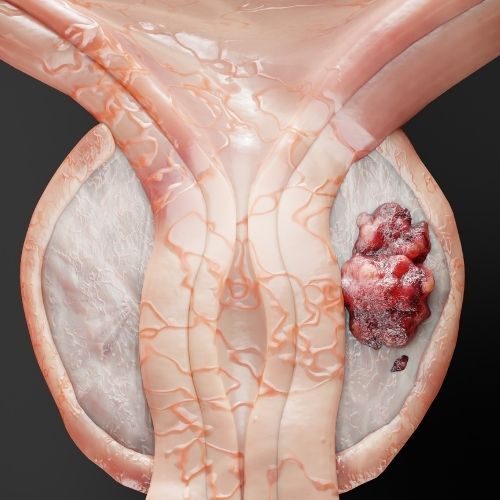
Deciding on a course of treatment for prostate cancer can feel overwhelming. Patients are often presented with a range of choices, each with its advantages and potential challenges. The best approach to these decisions is to understand the available options and seek professional guidance. This article addresses key questions to help patients feel informed when discussing care plans with their prostate cancer doctor.
What Treatment Options Exist Today?
The field of prostate cancer treatment offers a variety of paths tailored to individual needs and medical conditions. Below is an overview of common options available today:
- Active Surveillance: This approach may be recommended for patients with low-risk or slowly growing cancers. Regular monitoring is conducted through tests and imaging to track progression without the need for immediate invasive treatments.
- Radiation Therapy: High-energy rays or particles target cancer cells, aiming to destroy or control their growth. Radiation can be administered externally or placed directly inside the body near the cancer site.
- Hormone Therapy: This treatment reduces or blocks the production of male hormones, which can fuel the growth of prostate cancer. It is often used in combination with other methods.
- Surgery: Surgical removal of the prostate gland, known as a prostatectomy, is a common option for localized cancer. It seeks to eliminate the tumor entirely.
- Chemotherapy: This method utilizes drugs to kill cancer cells or inhibit their growth. It is typically recommended for cases where cancer has spread beyond the prostate.
- Targeted Therapy: Targeted drugs focus on specific changes or markers in cancer cells, potentially causing less harm to surrounding healthy tissue.
Is Surgery Always the Answer?
Surgery is not the only solution for prostate cancer and is not suited for every patient. The decision to undergo surgery often depends on several factors. These include the cancer’s stage, the patient’s age, general health, and personal preferences.
While surgery can remove cancer localized to the prostate, other treatments such as radiation and hormone therapy might achieve similar goals with fewer physical or lifestyle changes. For older patients or those with other significant health conditions, non-invasive methods may provide effective management without the risks of anesthesia or recovery challenges.
Patients are encouraged to have open discussions with their prostate cancer doctor to understand the potential outcomes and side effects of surgical options. Gaining clarity on how surgery compares to alternatives can help in determining the most appropriate course of action.
How Should Patients Decide Wisely?
Making an informed decision about a treatment plan requires careful attention to individual needs and medical advice. It’s necessary to take the time to weigh all options and gather the appropriate information before proceeding.
Here are some key steps to guide the process:
- Evaluate key factors: Review potential side effects, recovery time, and the long-term outcomes of each treatment. These details can help you determine what aligns best with your health goals.
- Seek multiple opinions: Consulting with different healthcare professionals offers a broader perspective on available treatments and a well-rounded understanding of the options.
- Learn from others’ experiences: While every medical journey is unique, hearing from patients who have undergone similar treatments can provide practical insights into recovery and expected results.
By combining these strategies with advice from medical professionals, patients can approach their treatment decisions with confidence and confirm they align with their personal priorities and lifestyle.
Consult a Prostate Cancer Doctor
Navigating prostate cancer treatment options can be overwhelming, but a prostate cancer doctor can provide the expertise needed to guide you through the process. These specialists help evaluate the options that best fit your medical and personal circumstances. If you or a loved one has been diagnosed, connecting with a prostate cancer doctor is one step toward creating a personalized treatment plan. Their insights and support empower patients to feel informed, confident, and prepared to face the journey ahead.





